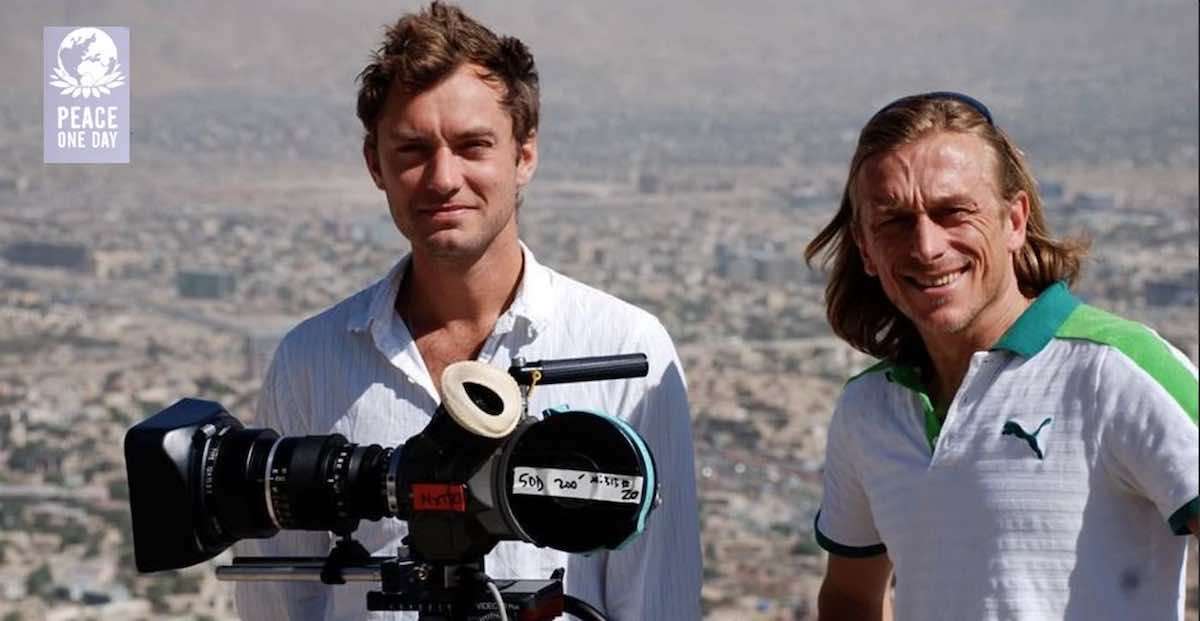Africans Are So Happy Border Fight is Over They're Calling Random Phone Numbers On the Other Side
After enduring a grueling border conflict, people from these two countries are celebrating its end by calling strangers and expressing their happiness.

A global initiative is showing just how much of a difference one person-and one day-can make in the world.
Today is the 19th anniversary of Peace One Day, the organization created by Jeremy Gilley, the British filmmaker and mastermind behind the unanimous United Nations decision to adopt this day-September 21-as the first-ever annual day of global ceasefire and non-violence, now known as Peace Day.
World Peace Day isn't only about hashtags, either - the initiative became the catalyst for stopping the fighting in Afghanistan for a single day so that humanitarian services could be provided throughout the country.
In 2007, with the help of Gilley's longtime pal Jude Law, ceasefire agreements were signed by all parties, including The Taliban, so that 10,000 healthcare workers could vaccinate 1.4 million children.
Gilley's collaboration with Law is featured in a new video, telling the fantastic story of what this group has accomplished.
Jeremy has joined Good News Network, Kids for Peace, and TaTaTu, to promote our #DoItForPeace initiative to get one billion people to do an act of peace over ten days.
(WATCH the video below)
Get Your Friends To Do It For Peace Too: Share The News To Social Media - Photo by Peace One Day
Be the first to comment